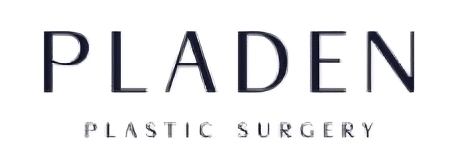Dermatitis Treatment
Pladen Skin Clinic Seoul Korea
Advanced Dermatitis Treatments in Gangnam, Seoul
Pladen Skin Clinic provides professional dermatitis treatments in Seoul, Korea, focusing on reducing inflammation, relieving irritation, and restoring the skin’s protective barrier. Located in Gangnam, the clinic offers customized dermatitis treatment programs designed to address both acute flare-ups and chronic skin sensitivity.
Dermatitis includes several inflammatory skin conditions that require careful diagnosis and individualized treatment rather than one-size-fits-all solutions.
Why Choose Pladen Skin Clinic for Dermatitis Treatment?
- Experienced medical professionals specializing in inflammatory and sensitive skin conditions
- Accurate diagnosis of dermatitis type before treatment
- Gentle, skin-barrier–focused treatment strategies
- Customized care plans for short-term relief and long-term control
- Foreign-friendly clinic with English communication support
Each treatment plan is designed to calm active symptoms while strengthening skin resilience.
What Is Dermatitis?
Dermatitis is a general term for skin inflammation that can cause redness, itching, swelling, dryness, and discomfort. It may be triggered by internal factors, external irritants, allergens, or chronic skin barrier weakness.
Common types of dermatitis include:
- Contact dermatitis
- Seborrheic dermatitis
- Atopic dermatitis
- Irritant-induced dermatitis
Correct identification of the dermatitis type is essential for effective treatment and prevention of recurrence.
Dermatitis Treatment Approaches
Inflammation & Symptom Control
- Reduce redness, itching, and irritation
- Calm active flare-ups
- Improve skin comfort
Skin Barrier Repair & Hydration
- Restore moisture balance
- Strengthen protective skin layers
- Improve tolerance to daily skincare
Long-Term Dermatitis Management
- Trigger identification and avoidance strategies
- Customized treatment schedules
- Designed to reduce recurrence and flare severity
Treatment methods are selected based on dermatitis type, skin sensitivity, and lifestyle factors.
Common Dermatitis Treatment Areas
- Face and eyelids
- Scalp
- Neck
- Hands
- Arms and legs
Special care is taken for highly sensitive and visible areas.
Dermatitis Treatment Procedure & Recovery
Treatment Time
Sessions typically take 20–40 minutes, depending on treatment method and affected area.
Downtime & Recovery
- No significant downtime
- Gradual symptom improvement with consistent care
- Daily skincare and lifestyle guidance provided
How Many Sessions Are Needed?
Dermatitis treatment often involves ongoing management rather than a fixed number of sessions.
Dermatitis Treatment Pricing in Seoul
Pricing varies depending on:
- Type and severity of dermatitis
- Treatment approach selected
- Duration of management plan
A personalized consultation is recommended to create an appropriate treatment strategy and cost estimate.
Book a Dermatitis Consultation in Seoul
Pladen Skin Clinic welcomes both local and international patients seeking safe, effective dermatitis treatment in Seoul, Korea.

